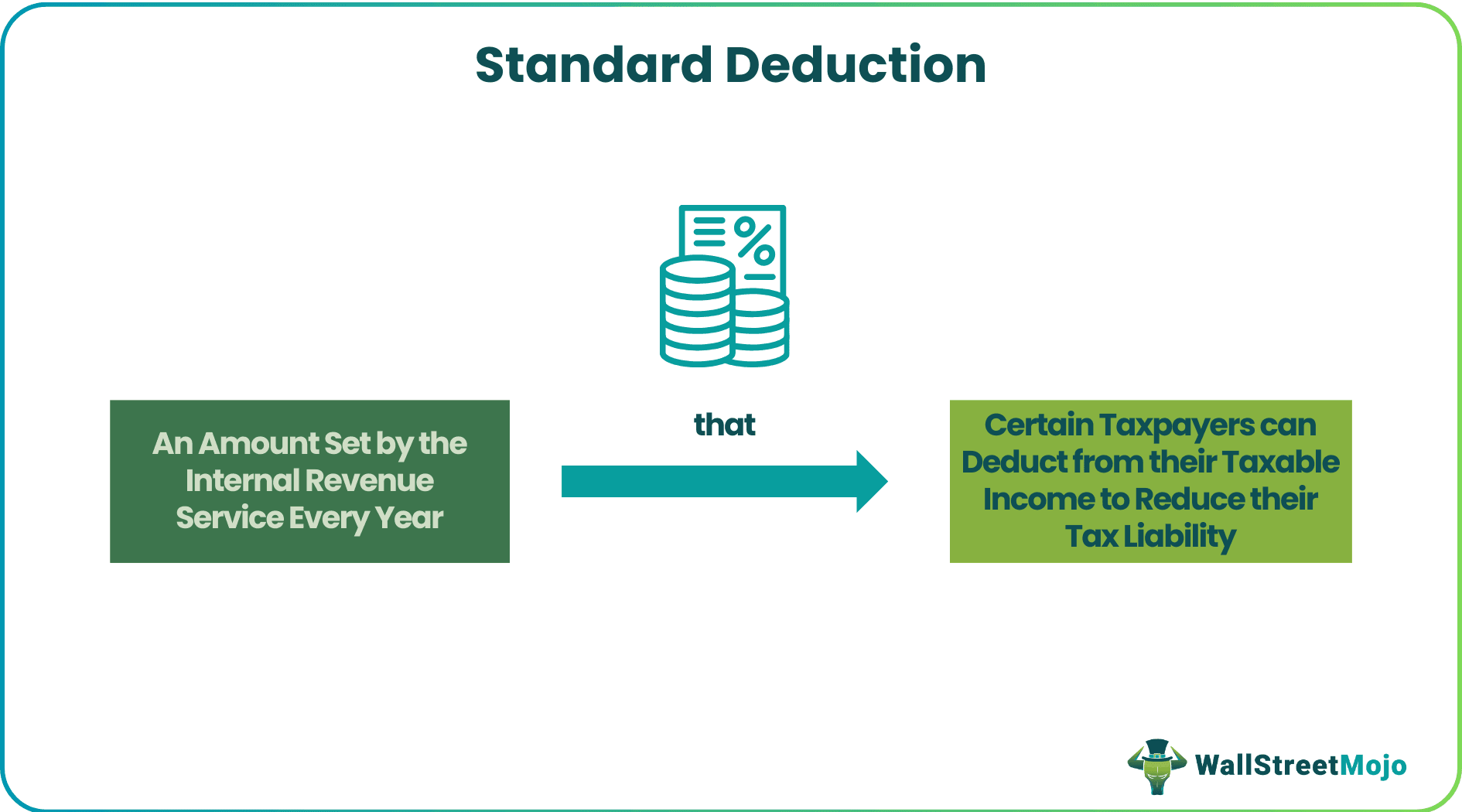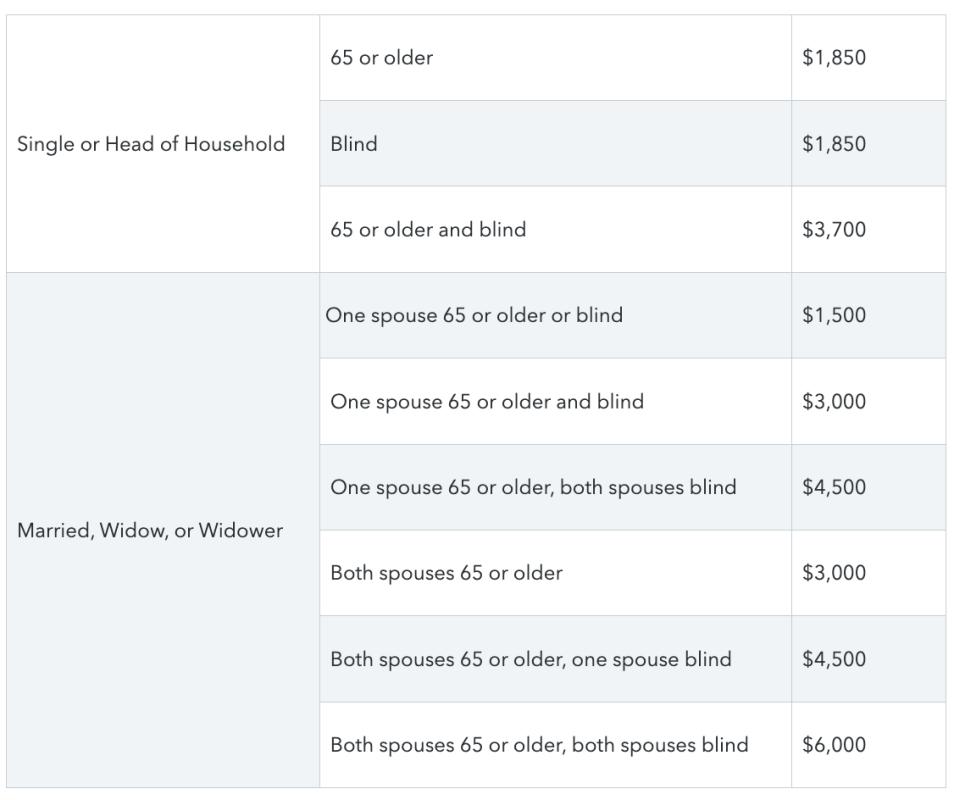How the FEIE Standard Deduction can reduce the risk of double taxation
All Concerning the Foreign Earned Income Exemption: Optimizing Your Requirement Reduction Advantages
The Foreign Earned Revenue Exclusion (FEIE) provides an important opportunity for united state citizens living abroad to decrease their tax obligations. Understanding the eligibility criteria is crucial for those seeking to gain from this exemption. Claiming the common reduction can enhance general tax obligation advantages. Nevertheless, handling this process involves cautious attention to information and an understanding of typical pitfalls. Exploring these elements can supply quality and make best use of potential tax advantages.
Understanding the Foreign Earned Earnings Exclusion (FEIE)
The Foreign Earned Income Exclusion (FEIE) allows united state people and resident aliens functioning abroad to leave out a portion of their international earnings from federal revenue tax. This provision serves as an economic relief mechanism, allowing migrants to preserve a bigger share of their revenue gained in foreign countries. By lowering gross income, the FEIE assists reduce the burden of dual taxation, as people might additionally be subject to taxes in their host countries. The exclusion applies only to made earnings, which includes wages, salaries, and professional costs, while easy earnings and financial investment gains do not certify. To take advantage of the FEIE, individuals must submit certain forms with the internal revenue service, outlining their foreign revenues and residency - FEIE Standard Deduction. Recognizing the subtleties of the FEIE can considerably affect financial planning for united state citizens living overseas, making it crucial for expatriates to stay educated concerning this beneficial tax obligation arrangement
Qualification Requirements for the FEIE
To get approved for the Foreign Earned Revenue Exclusion (FEIE), individuals must fulfill specific qualification requirements. This consists of gratifying residency requirements, passing the physical visibility test, and establishing a tax obligation home in a foreign country. Each of these variables plays an important duty in determining whether one can gain from the exemption.
Residency Requirements
Satisfying the residency needs is vital for people seeking to get the Foreign Earned Earnings Exclusion (FEIE) To be qualified, taxpayers need to establish an authentic home in an international nation or nations for an uninterrupted period that usually spans a whole tax year. This requirement highlights the necessity of a deeper link to the international location, moving beyond simple physical existence. People need to show their intent to stay in the foreign nation and have actually established their living situation there. Factors such as the size of remain, sort of housing, and regional community involvement are thought about in figuring out residency. Fulfilling these standards is crucial, as failing to do so may disqualify one from taking advantage of the FEIE.
Physical Existence Test
Establishing eligibility for the Foreign Earned Income Exemption (FEIE) can additionally be achieved via the Physical Existence Test, which calls for people to be physically existing in a foreign country for at the very least 330 full days during a successive 12-month period. This test is useful for those who might not satisfy the residency requirement however still stay abroad. The 330 days have to be complete days, implying that any day invested in the United States does not count towards this total. It is vital for individuals to keep precise documents of their traveling dates and places to support their cases. Efficiently passing this examination can considerably decrease gross income and improve economic results for expatriates.
Tax Obligation Home Location
Tax home area plays an important role in establishing eligibility for the Foreign Earned Income Exemption (FEIE) To qualify, a specific should develop a tax home in an international country, which suggests their primary area of company is outside the USA. This is distinct from a simple house; the individual have to perform their operate in the international nation while preserving a substantial connection to it. The IRS needs that the taxpayer can demonstrate the intent to stay in the international area for an extended period. Furthermore, keeping a home in the united state can complicate eligibility, as it might recommend that the individual's true tax obligation home is still in the USA. Understanding this requirement is essential for optimizing FEIE advantages.
How to Declare the FEIE on Your Income Tax Return
Claiming the Foreign Earned Earnings Exemption (FEIE) on an income tax return calls for cautious attention to detail and adherence to certain internal revenue service standards. Taxpayers must first validate eligibility by satisfying either the authentic home test or the physical existence test. As soon as qualification is verified, they need to complete IRS Kind 2555, which information foreign earned income and pertinent information regarding their tax home.
It is essential to report all international revenue properly and preserve proper paperwork to support claims. Taxpayers should additionally understand the optimal exemption limit, which goes through annual changes by the internal revenue service. Filing Form 2555 along with the annual income tax return permits taxpayers to omit a portion of their international incomes from U.S. taxation. It is a good idea to get in touch with a tax obligation professional or Internal revenue service resources for updated details and advice on the FEIE procedure, assuring compliance and maximization of potential advantages.

The Criterion Reduction: What You Required to Know
Just how does the standard deduction effect taxpayers' total financial situation? The basic deduction serves as a significant tax benefit, reducing taxed revenue and potentially reducing tax obligation obligations. For the tax obligation year 2023, the common reduction is established at $13,850 for single filers and $27,700 for wedded pairs filing collectively. This deduction streamlines the filing process, as taxpayers can choose it instead of making a list of deductions, which requires in-depth record-keeping.

Taxpayers gaining international income might still claim the common deduction, taking advantage of lowered gross income also while utilizing the Foreign Earned Revenue Exclusion (FEIE) However, it is important to keep in mind that the common reduction can not be integrated with itemized reductions for the very same tax obligation year. Understanding the standard reduction enables taxpayers to make enlightened choices concerning their tax obligation strategies, making best use of available benefits while guaranteeing compliance with Internal revenue service regulations.
Techniques for Optimizing Your Reductions
Making the most of deductions under the Foreign Earned Revenue Exclusion requires a clear understanding of gained earnings restrictions and the advantages of asserting real estate exclusions. Furthermore, utilizing Form 2555 properly can enhance the possibility for significant tax savings. These techniques can substantially influence the general tax obligation obligation for migrants.
Understand Made Earnings Restrictions
While many expatriates seek to minimize their tax obligation concern, understanding the earned earnings limits is essential for properly leveraging the Foreign Earned Income Exemption. The Irs (INTERNAL REVENUE SERVICE) sets specific limits that dictate the maximum amount of foreign earned income eligible for exclusion. For the tax obligation year 2023, this restriction is $120,000 per qualified person. Surpassing this threshold may cause taxes on the income above the restriction, lessening the benefits of the exemption. To make the most of reductions, expatriates need to keep exact records of their international earned revenue and examine their eligibility for the exemption each year. Strategic preparing around these limitations can greatly enhance tax obligation financial savings, allowing expatriates to optimize their economic scenario while living abroad.
Declaring Real Estate Exemption Benefits
Several migrants overlook the potential benefits of claiming the Housing Exemption, which can substantially decrease their gross income. This exemption allows people living abroad to subtract certain housing expenditures from their gross earnings, making it much easier to fulfill financial responsibilities without sustaining substantial tax obligations. To optimize this advantage, expatriates should confirm they certify based upon their home and work circumstances. Additionally, comprehending eligible costs-- such as rental fee, energies, and upkeep-- can boost the total reduction. Maintaining thorough records of these costs is important for validating insurance claims. By purposefully steering via the Real estate Exemption, expatriates can especially reduce their tax problem and preserve even more of their revenues while living overseas, inevitably enhancing their monetary wellness.
Use Type 2555 Successfully
Making use a fantastic read of Form 2555 successfully can substantially boost the monetary advantages offered to expatriates, especially after capitalizing on the Real estate Exemption. This kind permits people to assert the Foreign Earned Income Exclusion, which can significantly reduce gross income. To maximize deductions, migrants must confirm they meet the certifications, consisting of the physical visibility test or the authentic home test. It is important to accurately report all international made income view website and to keep complete records of eligibility. Additionally, making use of the Housing Exclusion in tandem with Type 2555 can further reduce overall tax obligation liability. By recognizing the complexities of these types, expatriates can enhance their tax situation and keep more of their hard-earned income while living abroad.
Common Mistakes to Prevent When Declaring Your Taxes Abroad

Frequently Asked Concerns
Can I Assert Both FEIE and the Foreign Tax Credit Rating?
Yes, a person can claim both the Foreign Earned Income Exemption (FEIE) and the Foreign Tax Obligation Credit Score (FTC) Nonetheless, they have to ensure that the same revenue is not made use of for both advantages to prevent double advantages.
What Occurs if I Exceed the FEIE Earnings Limit?
Going Beyond the Foreign Earned Revenue Exclusion (FEIE) earnings limitation results in the ineligibility for the exemption on the excess quantity. This can lead to gross income in the USA, calling for appropriate tax obligation filings.
Are There Any State Tax Obligation Ramifications for FEIE?
State tax obligation implications for the Foreign Earned Income Exclusion (FEIE) differ by state. Some states may tax international income while others comply with federal exemptions, making it important for individuals to get in touch with state-specific tax obligation regulations for clearness.

How Does FEIE Affect My Social Security Conveniences?
The Foreign Earned Revenue Exemption (FEIE) does not straight impact Social Security advantages. Revenue omitted under FEIE might impact the calculation of typical indexed monthly profits, potentially affecting future advantages.
Can I Revoke My FEIE Political Election After Asserting It?
Yes, an individual can revoke their Foreign Earned Earnings Exemption (FEIE) election after declaring it. This revocation should be carried out in writing and sent to the IRS, adhering to specific standards and due dates.
Understanding the Foreign Earned Income Exclusion (FEIE)
The Foreign Earned Income Exclusion (FEIE) allows U.S. enables united state resident aliens working abroad to exclude a portion of their foreign earnings from revenues income government. Taxpayers making international earnings may still claim the conventional deduction, benefiting from minimized recommended you read taxable earnings even while using the Foreign Earned Income Exemption (FEIE) Making best use of deductions under the Foreign Earned Revenue Exemption needs a clear understanding of gained earnings restrictions and the benefits of asserting real estate exemptions. While several expatriates look for to lower their tax obligation worry, recognizing the gained revenue restrictions is important for successfully leveraging the Foreign Earned Revenue Exemption. Exceeding the Foreign Earned Income Exemption (FEIE) earnings restriction results in the ineligibility for the exemption on the excess amount.